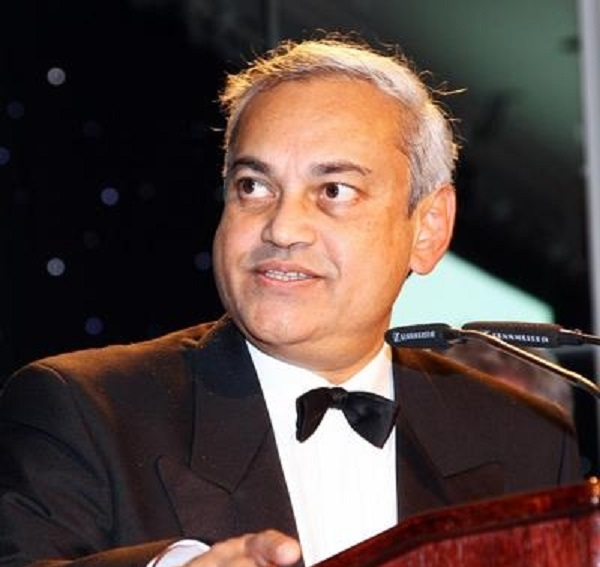New Delhi, (Asian independent) The celebration of Subhas Bose’s 125th birth anniversary is a hollow hologram commemoration. It is a pretence; having dishonoured his memory and soul by not bringing his mortal remains from Japan for 76 years and respecting these with a final disposal in the Indian traditions, says Ashis Ray.
Ray is an Academic Visitor at St Antony’s College, Oxford. Ray said in an article that the Germany-based daughter of Subhas Bose, Professor Anita Pfaff, has been exceptionally – some would say needlessly – polite and respectful towards her extended family in India and the Indian government about bringing her father’s mortal remains to India for the last rites.
“As Bose’s only child, now his sole heir since his wife and Pfaff’s mother Emilie Schenkl is no more, complete legal and moral rights are vested in her regarding the remains”, Ray said.
India, Bose’s family, and followers have reason to be grateful to the Buddhist Renkoji Temple in Tokyo, where a succession of priests have piously preserved the remains ever since a memorial service there on 18 September 1945, he added.
Bose died as a result of a plane crash at Taipei on August 18, 1945. Ray said New Delhi cannot lawfully take exception to the Japanese government handing over the remains to Pfaff.
Ray pointed out that the Indian government has been underwriting the Renkoji Temple’s costs since around 1951 for offering prayers to and the upkeep of the remains, thereby upholding the truth that they are Bose’s.
Almost every Indian government since the country’s freedom have regarded his death following the plane crash to be true.
Prime Ministers Jawaharlal Nehru, Indira Gandhi, and Atal Bihari Vajpayee have personally visited Renkoji Temple.
In 2006, the only official Indian investigation that provided an inconclusive verdict on Bos’s death and remains was rejected by the government of Prime Minister Manmohan Singh. The succeeding Narendra Modi government has abided by this view.
In 2016, Ray said Modi declassified all Indian government files pertaining to Netaji. They officially rendered public and transparent what was known all along by informed and rational people. But he failed to undertake the next logical step of requesting the Japanese government to send the remains to India.
On 31 May 2017, the Home Ministry of the Government of India in a reply under India’s Right to Information Act stated: “After considering the reports of Shah Nawaz Committee, Justice G.D. Khosla Commission and Justice Mukherjee Commission of Enquiry, the Government has come to the conclusion that Netaji has died in (a) plane crash in 1945.”
Prime Minister Nehru in the 1950s and Prime Minister P.V. Narasimha Rao in the 1990s made sincere efforts to bring the remains to India; but were thwarted by opposition from some members of Bose’s extended family and a section of politicians and bureaucrats.
With Morarji Desai as the Janata Party prime minister influenced by MP Samar Guha into politicising a humanitarian matter, and Vajpayee later occupying the same office following suit, governments in India have increasingly lacked courage to take the bull by the horns. Neither the Indian nor Japanese government should in the eyes of the law be determining the fate of the ashes, as they have presumptuously been doing, Ray said.
“Japan has held Bose in high esteem ever since their alliance in the Second World War. Indeed, the former Japanese Prime Minister Shinzo Abe on one of his trips to India, visited the house in Kolkata where Bose lived and worked – now known as Netaji Bhavan. But the Nippon government continues to err on its policy towards his remains. The best tribute it can pay to Bose is by rectifying its mistake. This means inviting Professor Pfaff to take possession of the remains in accordance with her wishes”, Ray said.








